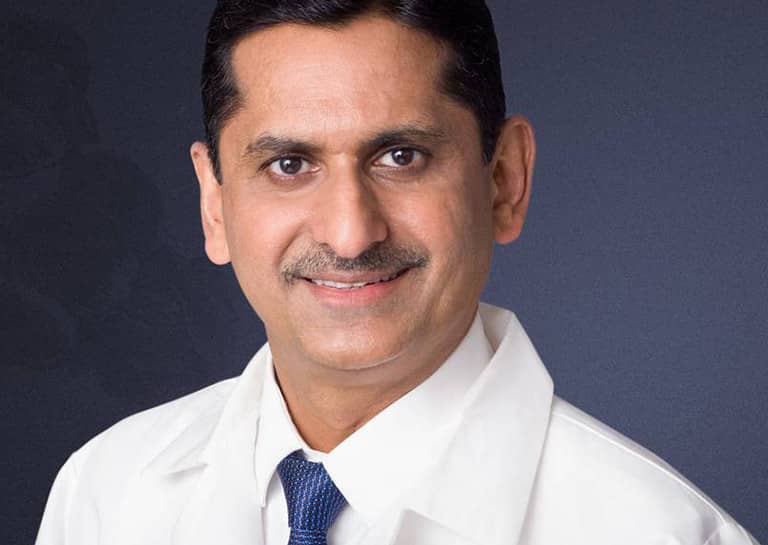
Tobacco Use Affects Your Overall Health
The long-term effects of smoking can include problems with cardiovascular disease, lung disease, and cancer. It negatively impacts your healthy teeth and gums in several ways:
- Smoking can cause dry mouth and prevent blood flow to the mouth.
- It can impact the healing capacity of the body.
- Bacteria-causing diseases will increase with smoking.
The reasons mentioned above make smokers prone to severe periodontitis, a form of gum disease.
Smoking Inhibits the Success of Your Dental Implants
The success of dental implants depends on their ability to fuse with the jawbone. When you smoke immediately following the surgery, you slow down the healing process, invite infection into your mouth, and promote dental implant failure.
The failure rate of dental implants among smokers is higher during the initial healing phase after implant surgery. Long-term tobacco use also increases the failure rate. Smokers will face additional risks of gum infection and bone loss even after healing from the surgery.
How to Ensure Dental Implant Success
Quitting smoking is not just good for your dental health—it’s good for your overall health. Many dentists suggest that patients refrain from smoking a week before and two weeks after implant surgery. But the recommendation will not make a significant impact on your health or on the success of your implants.
Dentists can consider telling their patients they would be better off not receiving dental implants if they will continue smoking before and after implant surgery. The dentist will have to adopt a strict approach because not receiving implants would be for the better health of patients who are long-time tobacco users and do not want to stop the habit.
The use of tobacco also contributes to other medical conditions, including:
- Coronary heart disease
- Subclinical atherosclerosis
- Chronic obstructive pulmonary disease
- Pneumonia
Tobacco use can also increase the risk of oral health concerns that cause dental implant failure, including:
- Gum disease
- Oral pre-cancerous and cancerous lesions
- Peri-implantitis
- Root caries
Exactly how smoking compromises the healing of wounds is not known. Researchers have provided various explanations, including decreased tissue perfusion and factors that might interfere with healing.
If you’re interested in dental implants, ensure a qualified dentist performs the surgery and follow-up care. We recommend that you avoid using tobacco and any other products related to it because tobacco use harms your oral health and your overall health. Even after implant surgery, be committed to avoiding tobacco use. The consequences of not avoiding tobacco use are more costly than implant surgery.


